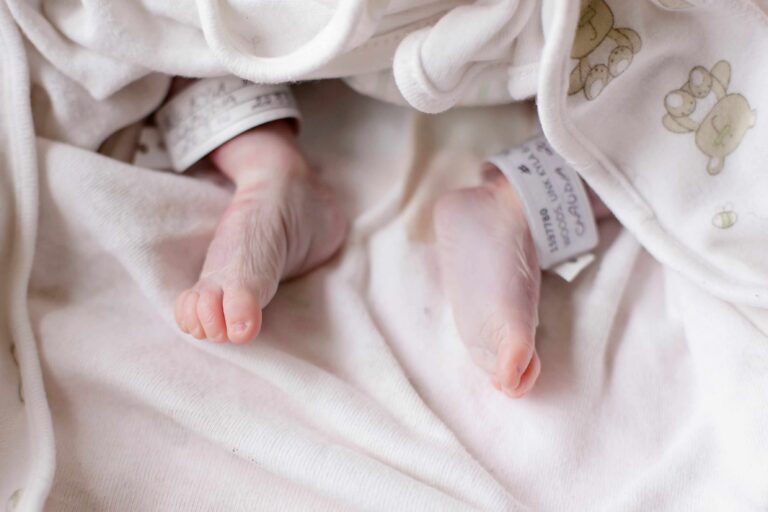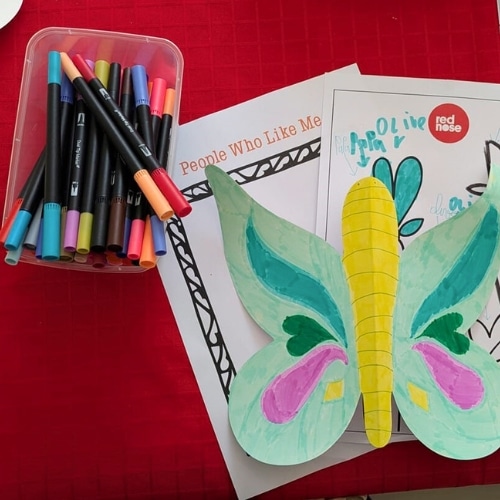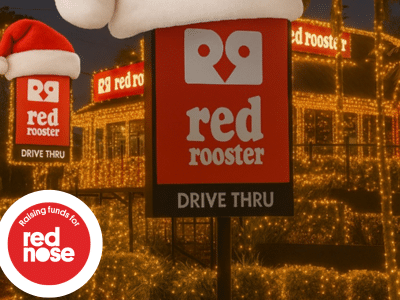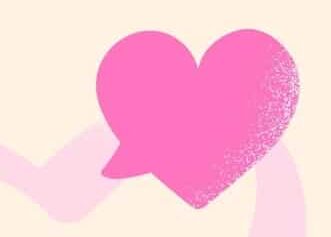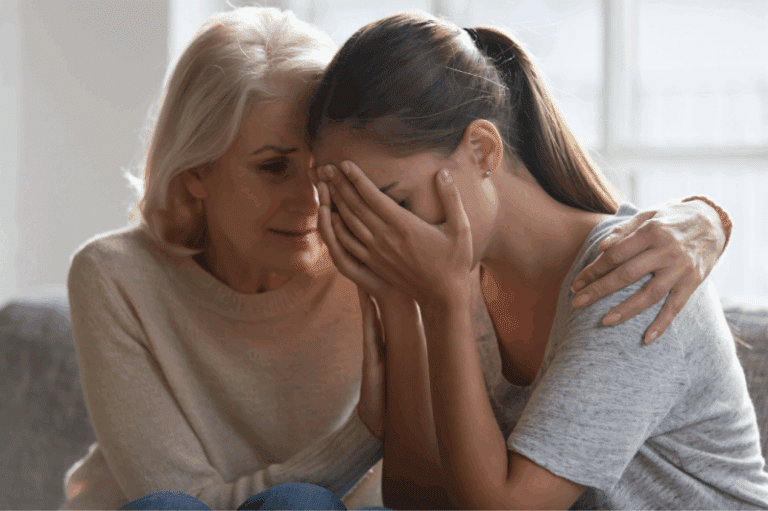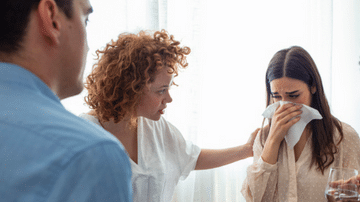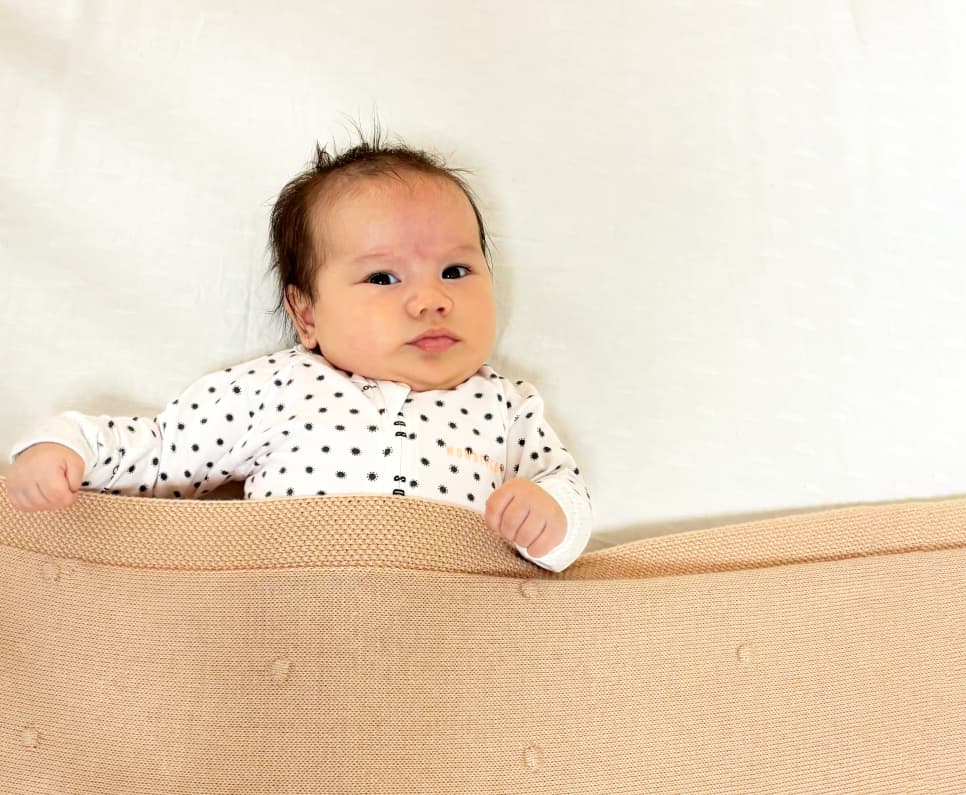There are many dedicated staff, volunteers, and supporters behind the work of Red Nose. This is Cat’s story.
I work for Red Nose as a Bereavement Support Worker in the Hospital to Home team. I have the privilege of supporting newly bereaved families in the early days, weeks and months after their loss. I help them to navigate the significant practical and emotional challenges that they face in adjusting to life without their baby. I am also part of the education team, where I help to educate parents, healthcare professionals, and childcare workers on how to safely sleep babies in their care.
I have been part of the Hospital to Home team since its inception in 2020 and have seen the program go from strength to strength in that time. We partner with hospitals right across Australia to offer personalised support to fill the gap between the support that’s provided in hospital and other long-term supports the families may choose to engage with.
How I came to work for Red Nose
I am a mother to two wonderful boys, and 4 babies that I never got to bring home. When I suffered 3 early miscarriages in 2013, there was very little support available in WA. I felt incredibly isolated and just felt like I had to push through, as that’s what was expected of me.
Remembering Isabel
In 2014, I gave birth to my first son, and in 2016, I was delighted to find out I was pregnant with a daughter – our little family was complete, or so I thought. Unfortunately, at my anatomy scan, we were told that our daughter had a fatal form of dwarfism and had no chance at survival.
We had to make the very difficult decision of whether to continue the pregnancy, knowing she would be stillborn or die very shortly after birth, or whether to end the pregnancy. I chose to have a compassionate induction.
Isabel was born at 20 weeks, 1 day and lived for just over an hour before she peacefully passed away on my chest.
I felt so incredibly alone, even with so much support of my family and friends. I remember thinking ‘nobody can even start to understand what this feels like as they haven’t gone through it’. I attended my first face-to-face support session just weeks after Isabel died, I wasn’t sure whether I’d like it, whether I’d share my story, but I thinking “these are my people, I’ve found my people who are going to help me survive this.”
Joining the Hospital to Home Support Team
There was so much to do, to organise, and it felt so, so overwhelming. I remember thinking ‘there has to be someone who can tell me what to do’, but there wasn’t. So, in 2020, when I saw the Hospital to Home program advertised, I got goosebumps.
Finally, there would be people that could help bereaved families navigate their darkest days, and I knew that I needed to be one of those people.
How I help families
I look at what I do as holding someone’s hand through those early days of grief, where everything feels too hard and there are so many things to plan and organise.
I am guided by what the family wants and needs in their sessions, and it’s often a blend of practical and emotional support. My clients often say that it’s so nice to have someone supporting them who gets it, because I’ve been there too. I think that’s part of what makes the program so successful, the fact that we have all been through the loss of a baby or babies, and we really can appreciate what that family is going through.
More about me
In my “free” time I am studying full-time and qualified as a Midwife at the end of 2024. My long-term goal is to work in the perinatal loss space, as well as work in bereavement education, to ensure anyone who works in maternity is able to provide the best quality care to bereaved families.
The Grief Ocean – When Grief Guides Us to Serve – Podcast episode featuring Cat
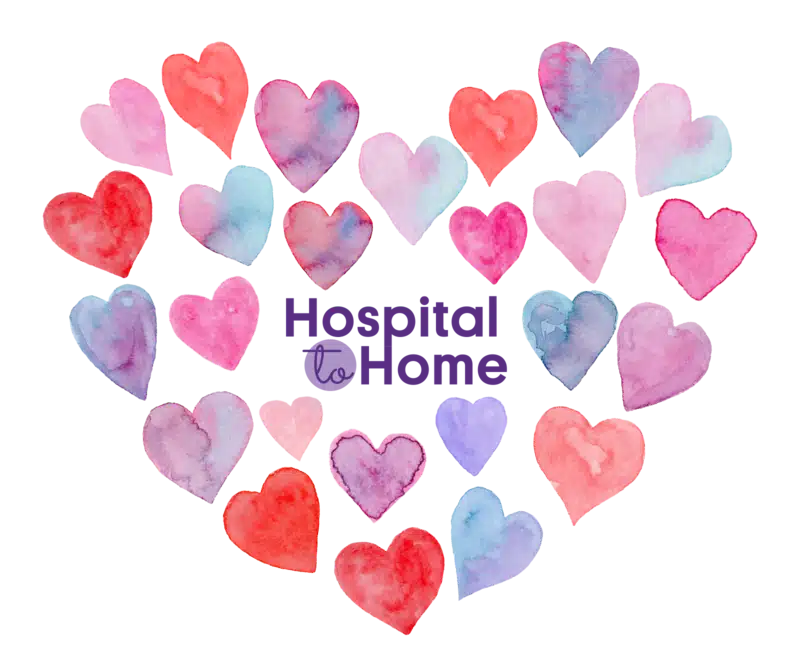
Did you find this helpful?
Good job! Please give your positive feedback
How could we improve this post? Please Help us.
